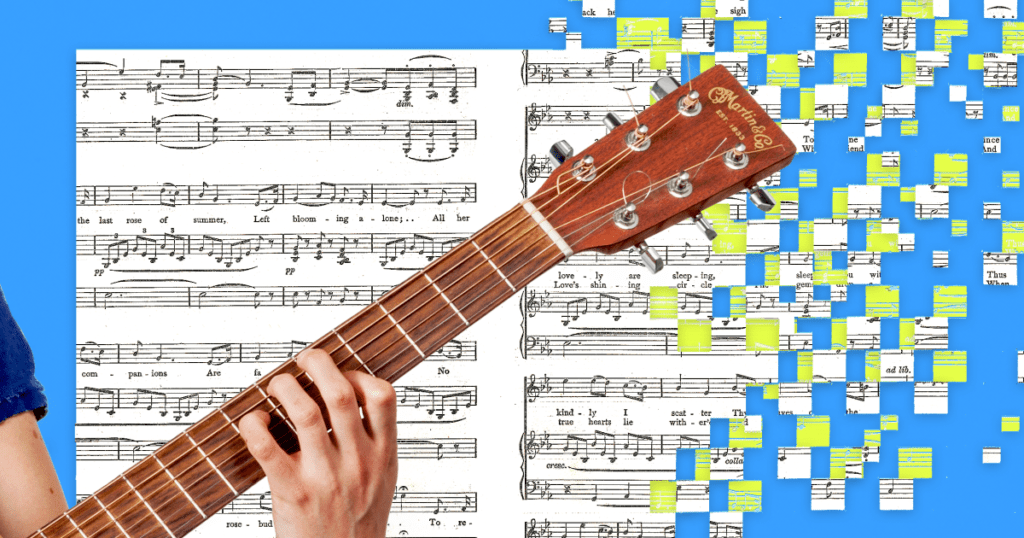The Rise of AI in Music: Creativity Meets Controversy
Artificial intelligence is making waves in the music industry with viral hits like “10 Drunk Cigarettes” and “BBL Drizzy.” Yet, this rise of AI-generated music isn’t without its critics. Major record labels, including Universal Music Group, Sony Music Entertainment, and Warner Music Group, have taken legal actions against AI music companies like Uncharted Labs and Suno. These labels allege that AI systems have been trained using copyrighted material without proper permissions.
The Legal Battle: Protecting Artists’ Voices
The music industry’s power players are moving quickly to eliminate unauthorized AI renditions of popular artists such as Drake and The Weeknd. Furthermore, over 200 well-known artists—including Billie Eilish, Stevie Wonder, and Nicki Minaj—have signed an open letter urging AI developers to safeguard artists’ rights and prevent the exploitation of their voices through AI technology.
Despite the ongoing backlash, AI music companies argue that their platforms democratize music creation. Tools like Sound Draw, Musicfy, AIVA, and Boomy allow users to produce music simply by inputting text prompts. “You don’t need to purchase fancy gear. You don’t have to have music lessons,” explains Cassie Speer, director of creative success at Boomy. She emphasizes that these platforms can offer creative outlets, especially for low-income students who might not otherwise have access to music education.
Breaking Down Barriers in Music Education
Access to music education in U.S. public schools is dwindling. According to research from the Arts Education Data Project, a staggering 8% of students lack any access to music education during the school day. AI music platforms aim to bridge this gap, giving students and novice musicians who may struggle with traditional methods the chance to explore their musical creativity.
Canadian musician Grimes even took it a step further, inviting her fans to create music using her AI-generated voice. By doing so, she is not just using technology; she’s redefining how artists and fans can collaborate.
In Denver, Speer led a workshop demonstrating AI music-making tools like Boomy for young musicians. Some local artists who attended, including Regi Worles from the band Dog Tags, champion the integration of AI into music education. “Imagine how vibrant the Denver scene could be if everyone sitting at home with a song idea had a tool to help them express that idea,” he mused. “AI can help turn dreams into reality for those who may not know the technical side of music-making.”
The Mixed Responses from Musicians
However, the enthusiasm for AI in music isn’t universal. Singer-songwriter Genevieve Libien expressed skepticism, stating, “Music to me is so human and intrinsic to our humanity.” She worries that an overreliance on AI could diminish the emotional connection found in music, dreading a future where every tune sounds like it came from ChatGPT.
These sentiments mirror wider concerns across various artistic fields. Following a historic writers’ strike in Hollywood, where safeguards around AI usage were established, there’s an ongoing debate regarding the impact of AI on creativity.
Moving Forward with Cautious Optimism
Despite potential pitfalls, many advocates, like Speer, believe that AI can enrich music education and creativity if integrated mindfully. “I hope this technology will help in providing resources to school systems and nonprofits, ensuring the arts aren’t left behind,” she said.
As we navigate this evolving landscape, both artists and listeners must consider the balance between innovation and the essence of human creativity. The ability of AI to revolutionize music creation poses exciting opportunities but also significant ethical considerations.
The AI Buzz Hub team is excited to see where these breakthroughs take us. Want to stay in the loop on all things AI? Subscribe to our newsletter or share this article with your fellow enthusiasts.




